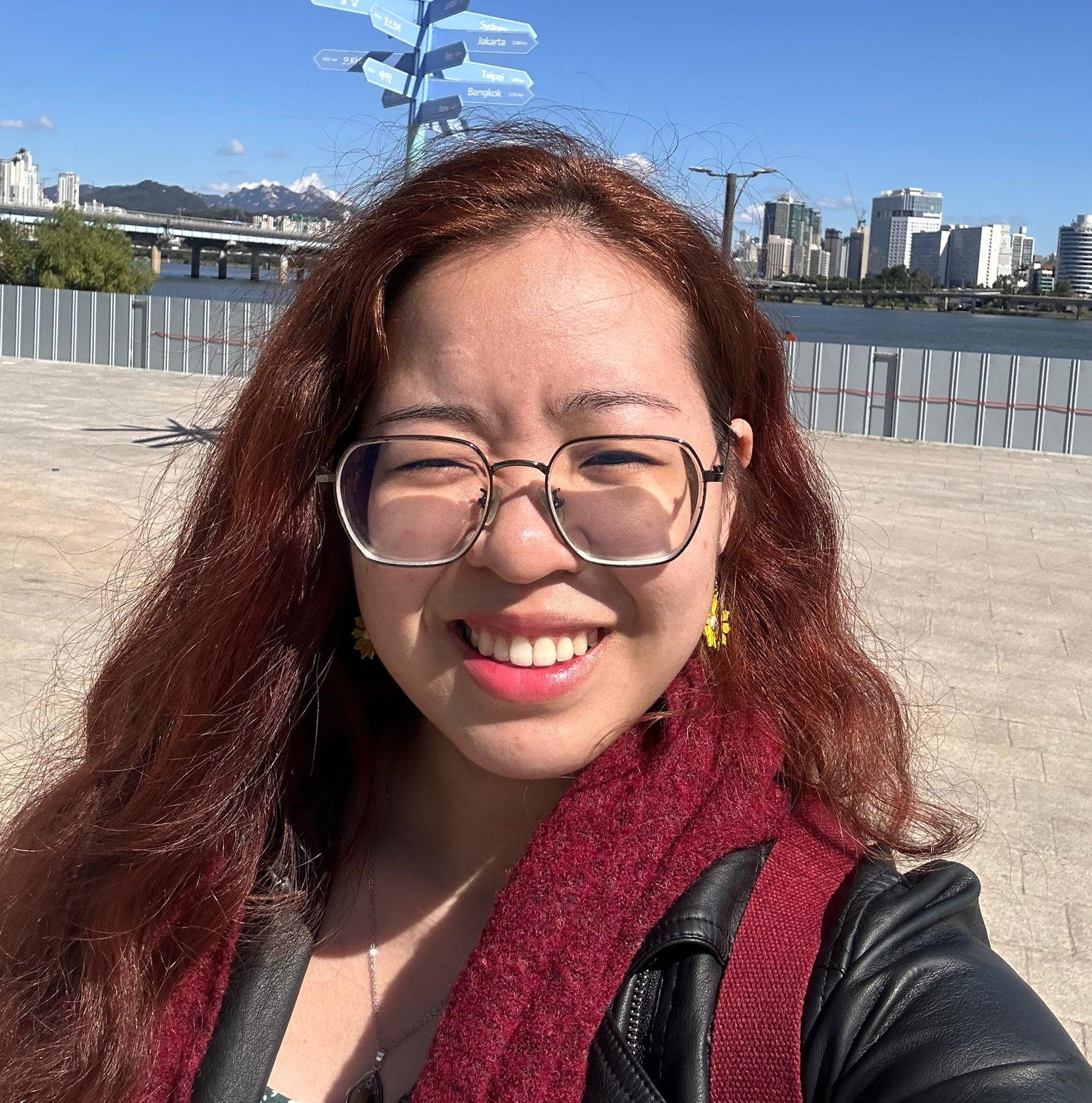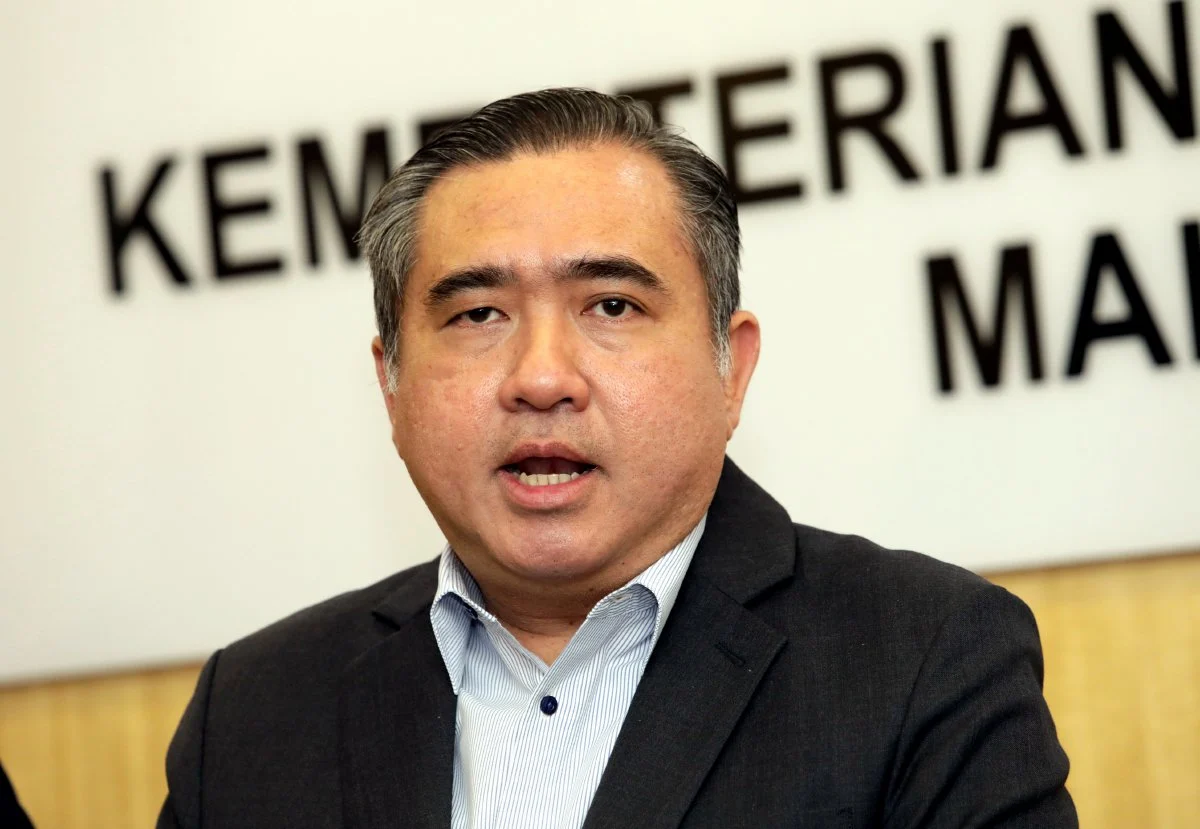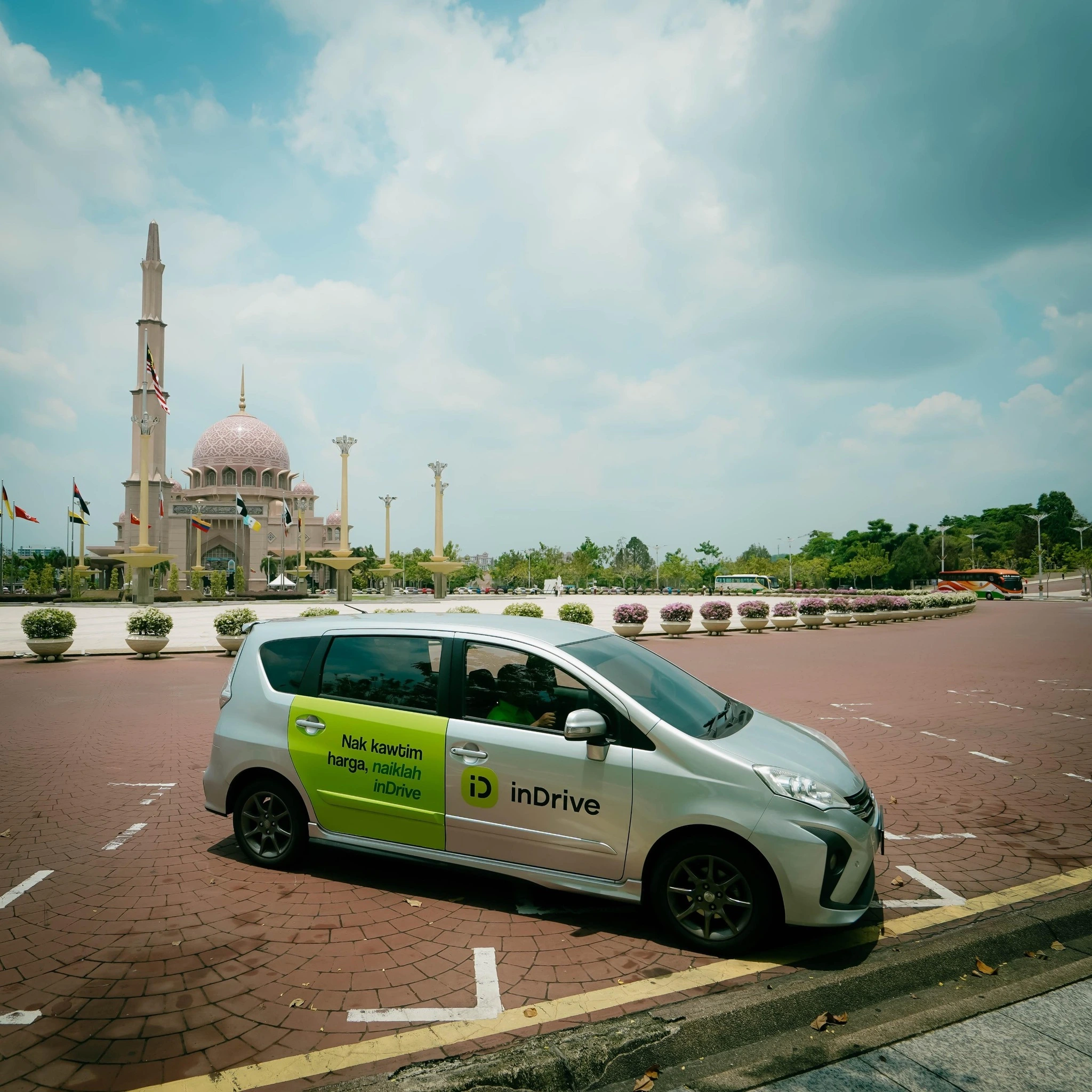
Editor
Celine Low chevron_right
According to Bernama, the Ministry of Transport (MOT) has ordered two Russian e-hailing applications inDrive and Maxim to stop operations within Malaysia by 24 July 2025 — a move that has sparked immediate concern from TPAD (Persatuan Transformasi Pengangkutan Awam Darat).
The reason for both platform's cessation? The Land Public Transport Agency (APAD) found many of their drivers didn't possess valid Public Service Vehicle (PSV) licenses, insurance for e-hailing, or even vehicle safety checks, which is required by Malaysian law. APAD also claimed these companies didn't have the proper permits to run their e-hailing services in the first place.
"The two ride-hailing companies can appeal but the final decision rests with me," Transport Minister Anthony Loke said.

TPAD Calls On Regulatory Transparency
Beyond policy enforcement, TPAD is calling on three urgent actions to ensure fair oversight and protect consumer and driver interests:
- MOT & APAD should explain the legal reasoning behind the cease order
- MyCC (Malaysia Competition Commission) should examine whether the order fosters anti-competitive behaviour
- Lawmakers should fully review Malaysia's e-hailing keep it affordable and protect drivers long-term
TPAD: Ban on inDrive and Maxim Threatens Driver Likelihoods
TPAD argues that the directive could disproportionately affect lower-income and rural drivers, many of whom prefer inDrive and Maxim due to their low commission structures.
- inDrive operates on the lowest commission in Malaysia, allowing drivers to retain more earnings
- These platforms have become lifelines for drivers in non-urban areas, where options and income are already limited
-
TPAD President Nathan Mathivanan warns that fewer players could lead to less choices, lower earnings, and higher barriers for new drivers

Impact On Affordability And Fare Competition
Maxim is popular in northern states such as Kedah, Penang, and Perak. Meanwhile, inDrive was pretty popular nationwide, ranking as the fourth most-downloaded ride-hailing app in Malaysia just last year, according to NST.
With these apps out of the way, pricing competition may collapse, opening the door to higher fares and reduced service quality. Malaysia lacks a government-regulated fare system, leaving riders vulnerable to surge pricing andoperator-driven fare hikes.
Stay updated with ProductNation on here, Instagram & TikTok as well.
More related recommendations

